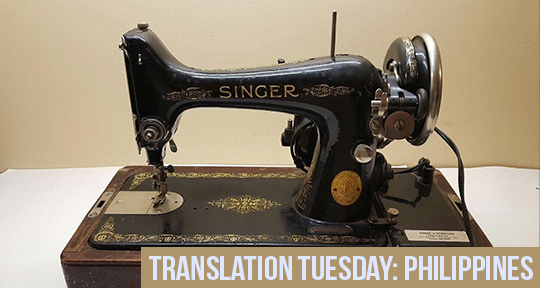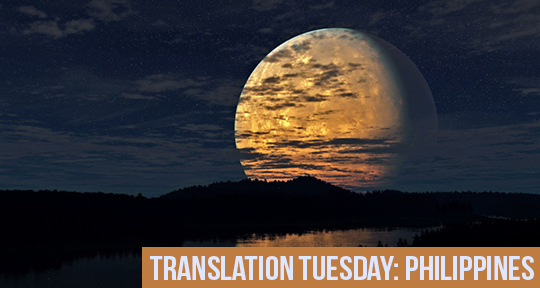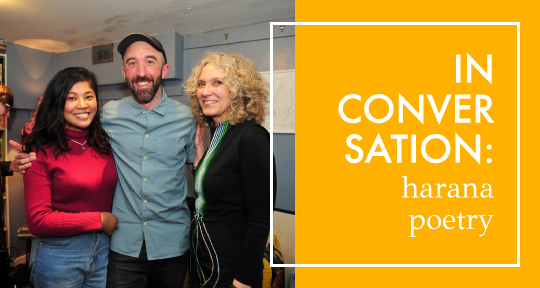In this week’s literary round-up, we’re bringing coverage from the myriad intrigues of world literature, from storybooks highlighting Indigenous narratives to diasporic Romanian writers, romance writing to exiled heroes. Read on to find out more!
MARGENTO, Editor-at-Large, reporting from Spain and Romania
As the Romanian literary scene is gearing up for the twenty-ninth edition of Gaudeamus book fair, organized by Radio Romania in Bucharest from December 7 through the 11, the literary diaspora is both very active and a hot topic in and of itself. A one-day seminar, entitled “European Cultural Representations of Romanian Migration and Exiles” took place at the Romanian Centre, Complutense University of Madrid (UCM) last week. Presentations and roundtables on highlights from the Romanian diaspora across the Western world—such as religious studies international icon and fiction writer Mircea Eliade, Romanian-Spanish comparative literature pioneer Alexandre [Alejandro] Cioranescu, and former Asymptote contributor Matéi Visniec—were complemented by excursuses into the work and lives of personalities relevant to both Romanian and Spanish literatures. Former Asymptote contributor Felix Nicolau, Director of the Romanian Centre and Romanian Language and Literature Lecturer, gave a talk about Alexandru Busuioceanu: a poet, art historian, and essayist credited for establishing Romanian as an academic subject at UCM back in the mid-twentieth century, after founding the UCM Romanian Centre in 1943.
Another major name of the diaspora is Paul Goma, renowned opponent of Ceaușescu’s regime and dissident fiction writer forced into exile (to Paris, France) in the late 1970s, after having survived numerous attempts on his life staged by the Romanian communist secret police or their accessories—only to die from COVID in 2020. A hot-off-the-press book dedicated to the dissident hero by historian, poet, essayist, and Goma scholar Flori Balanescu, Paul Goma: Conștiință istorică și conștiință literară [Historical Conscience, Literary Conscience], is to be launched at Gaudeamus in a week’s time, and it has already grabbed considerable attention on social media. Awarded poet and fiction writer O. Nimigean, himself a Parisian exile, commented on the text as a breakthrough release and expressed his impatience to read the sequel—an already planned book he indirectly disclosed as having insider knowledge on. Such updates can only further stir interest—if not inevitable kerfuffle—since the (albeit rare) publications about Goma expose, just as the author’s own novels did, the collaborationism under communism of certain established literati or public figures: an implication to which the latter usually retort with accusations of anti-semitism. READ MORE…






